Case Study: the BEAM program
Taking a Patient-oriented Approach to Developing a Family Mental Health App
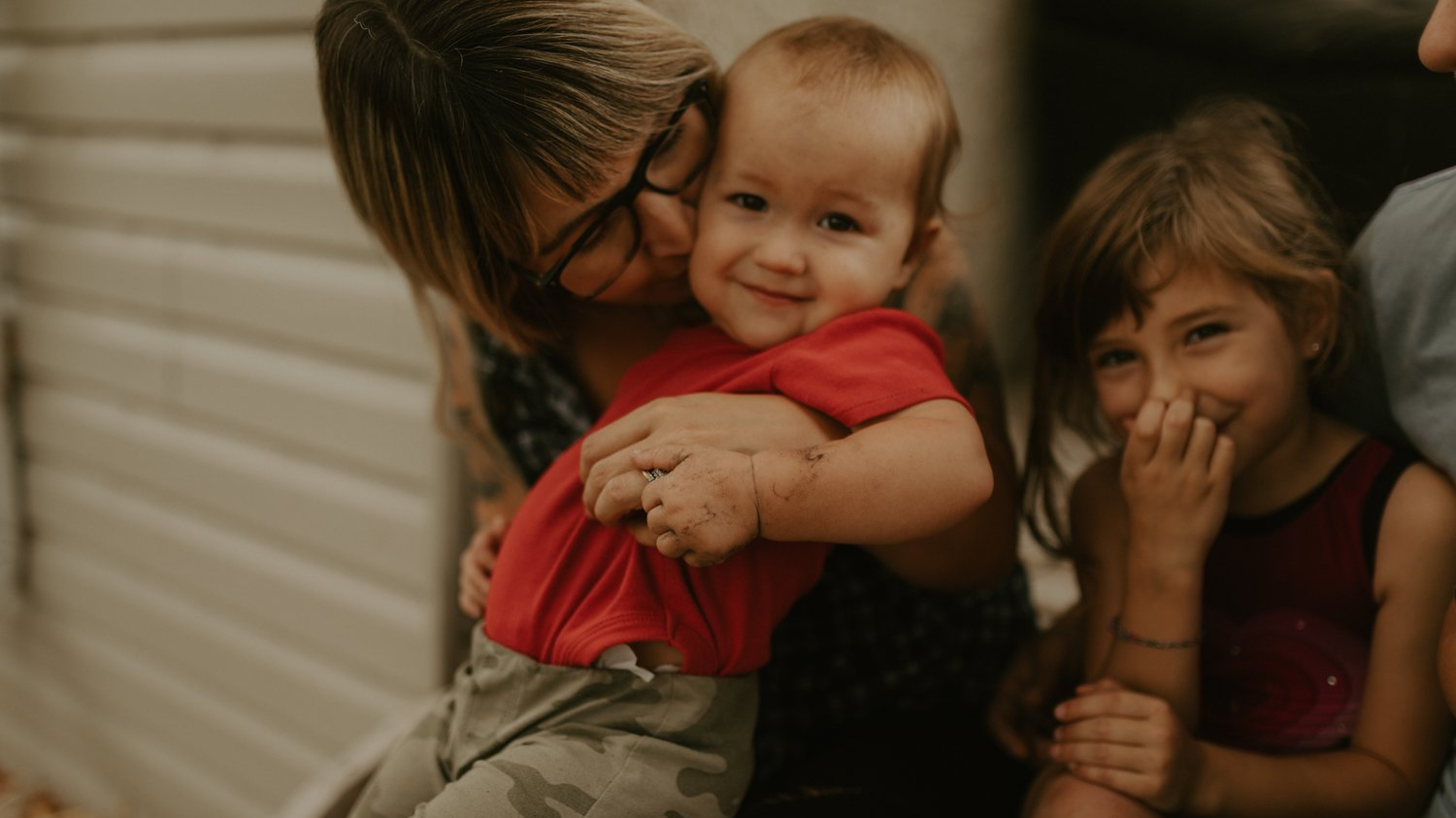
When the University of Manitoba’s research team set out to develop a digital health app for their BEAM program—designed to support family mental health and ease parenting stress—they knew they needed more than just a developer. They needed a true partner. That’s why they chose MindSea. Through open communication and strong, ongoing collaboration, they tapped into MindSea’s deep industry expertise and experience working with universities and research institutions.
During the COVID-19 pandemic, many families faced unprecedented challenges that contributed to a significant rise in parent mental health concerns and increased difficulties in accessing essential care. These barriers underscored the need for innovative, evidence-based programs designed to support parent well-being, enhance parenting capacities, and mitigate the long-term effects of stress on young children.
To address this gap in care, a research team from the University of Manitoba used a patient-oriented approach to co-develop an app-based psychoeducation and social-connection platform called Building Emotional Awareness and Mental Health (BEAM).
The BEAM program supports family mental health and well-being for parents and caregivers with young children. It provides:
- Weekly psychoeducational videos
- 1-on-1 peer coaching support
- A private interactive forum to access peer support
- Opportunities to connect with experts who specialize in mental health and parenting
After receiving a recommendation from within the academic community, the research team decided to engage MindSea to design and develop the app that underpins BEAM.
“It has been an ongoing relationship opposed to them building something in the quickest, cheapest way possible. We’ve had good communication throughout. When there’s been hurdles, both teams have been really interested in addressing them and making sure we can be on the same page moving forward.”
–Dr. Leslie Roos, Associate Professor, University of Manitoba

Green Flags: Finding the Right App Dev Partner
The MindSea partnership was not the university’s first foray into developing the BEAM app. Before engaging with MindSea, the research team used a different app development company. They felt that, although there were some things that went well in that build, there were also communication challenges.
Dr. Leslie Roos, an Associate Professor at the University of Manitoba and co-lead of the program along with Dr. Lianne Tomfohr-Madsen, Associate Professor at the University of British Columbia, explains, “It’s been a steep learning curve for us as we have never worked in the app development space before. We didn’t know much about building and maintaining an app and testing it out on different devices, and we didn’t know upfront what we were paying for. In terms of output and functionality, we had a steep hill to climb to get the app to where we wanted it to be.”
The research team then met with a few app development companies to find a better fit company before landing on MindSea. From the outset, the research team appreciated MindSea’s ways of communicating and understanding of their vision.
“They brought expertise to the table in terms of app development and user experience, but they were also really respectful of our expertise and knowledge in working with families and delivering interventions and understanding the mental health needs of parents,” explains Roos.
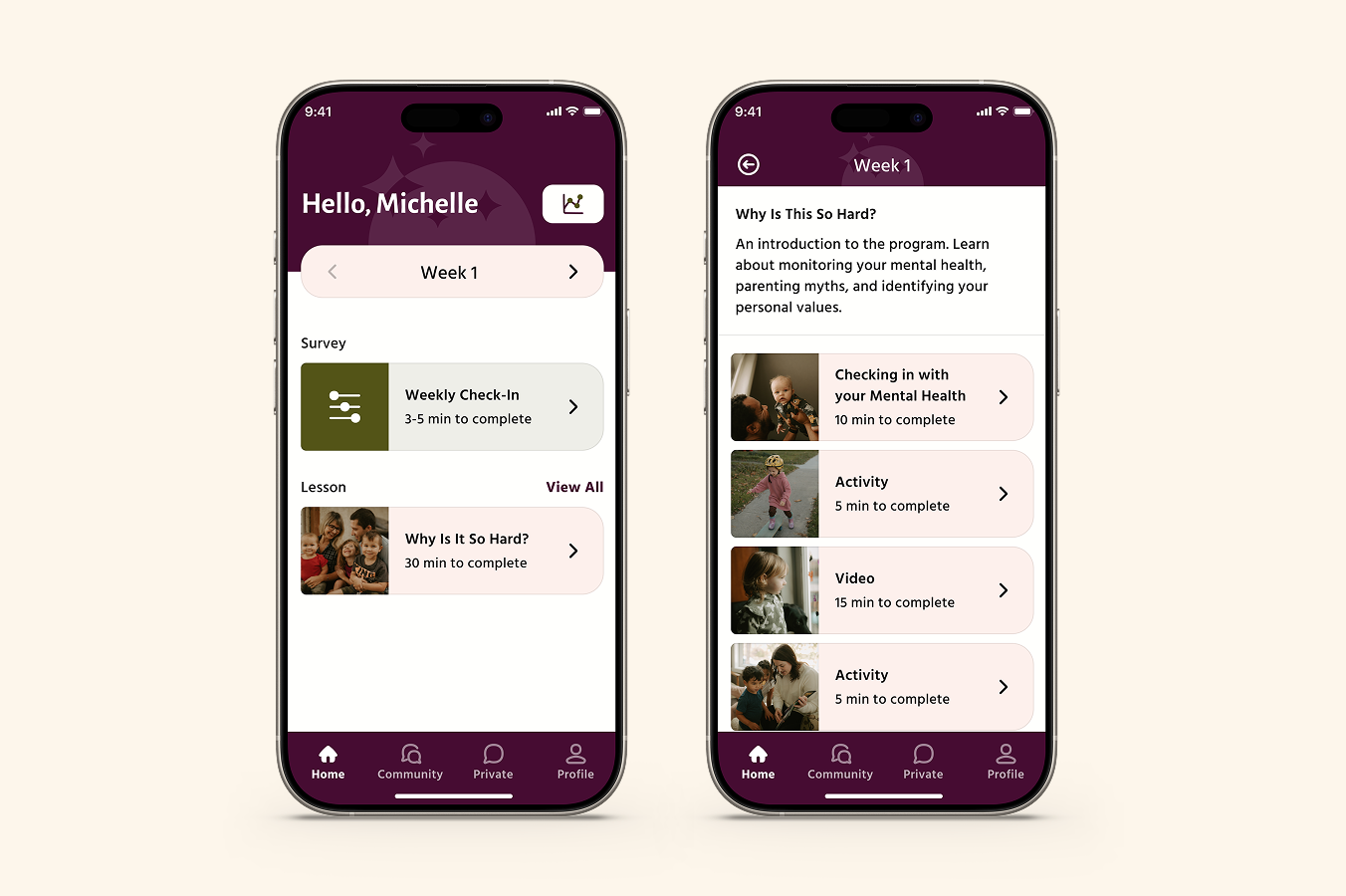
Test, Tweak, Repeat
MindSea started working on the build of the app in June 2023 and it launched in January 2024; it took seven months to build. MindSea’s first step in the process was to build user journeys through story mapping. This helped the research team understand how users would interact with and move through the app, as well as what kind of features they needed and what specific needs they had. MindSea also provided branding support.
The next step was to build the prototype to troubleshoot and test the features, main user flows, and overall journey. This helped the team overcome problems they had with their old app.
“We had challenges with our old app in that it didn’t work particularly well on Android phones or older versions of operating systems,” says Roos. “MindSea were really dedicated to problem solving and checking that this wasn’t the case with the new app.”
The team was particularly happy with the feel and functionality of the app and the overall product that MindSea created. They also learned a lot about how users engage with the app throughout the process.
“The app feels very professional and works seamlessly without being glitchy,” says Roos. “You can easily move between different features and it doesn’t do things like lock you out of the video streams. I wouldn’t have appreciated all of those things had I not had other experiences with apps that didn’t work as well.”
MindSea has the added benefit of being a Canadian digital health app development company, which was important in terms of data privacy and security. Academic researchers need to have all data stored and managed within Canada to meet ethics and regulatory best practices. MindSea was able to ensure all data stayed in Canada and didn’t leave the country in order to meet the necessary standards.
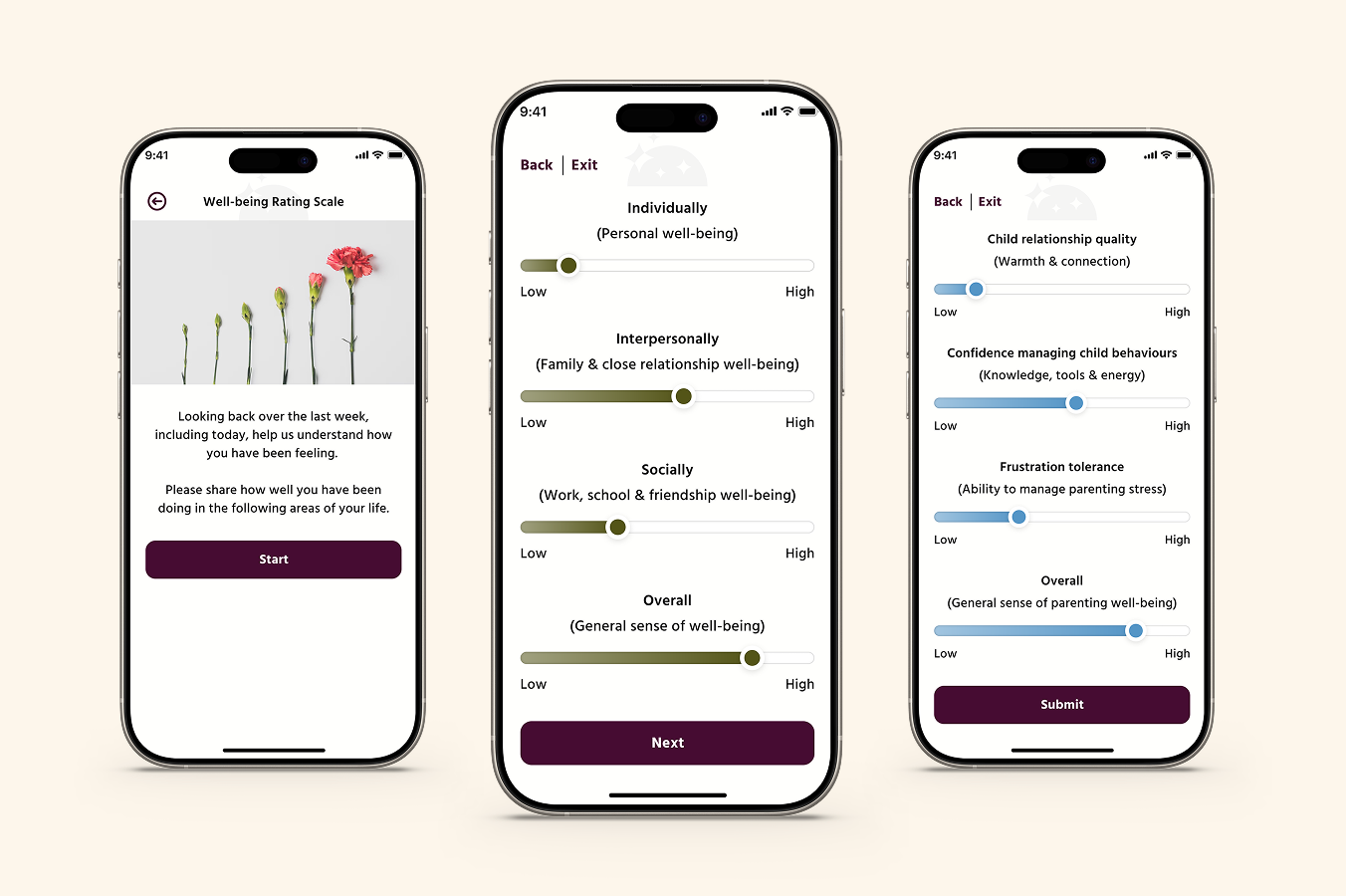
Why Industry Expertise Matters
MindSea’s experience working with universities and academic institutions to develop digital health apps also enabled the company to provide support with regulatory compliance. The two teams worked together to figure out how to obtain ORCHA (Organisation for the Review of Care and Health App) digital health accreditation.
The first version of the app had a score of 64% (65% is the pass mark). MindSea supported the team in improving their adherence to best practices in digital mental health products. The results speak for themselves: the BEAM app now has a score of more than 80% and is an ORCHA recommended product.
MindSea’s industry expertise also enabled the company to incorporate feedback and revisions from the research team’s partners. This included the parent advisory board and others who have a strong interest and lived experience in managing family mental health. MindSea collected feedback about functionality, how things were flowing, and the way the app looked, and then incorporated this into the app.
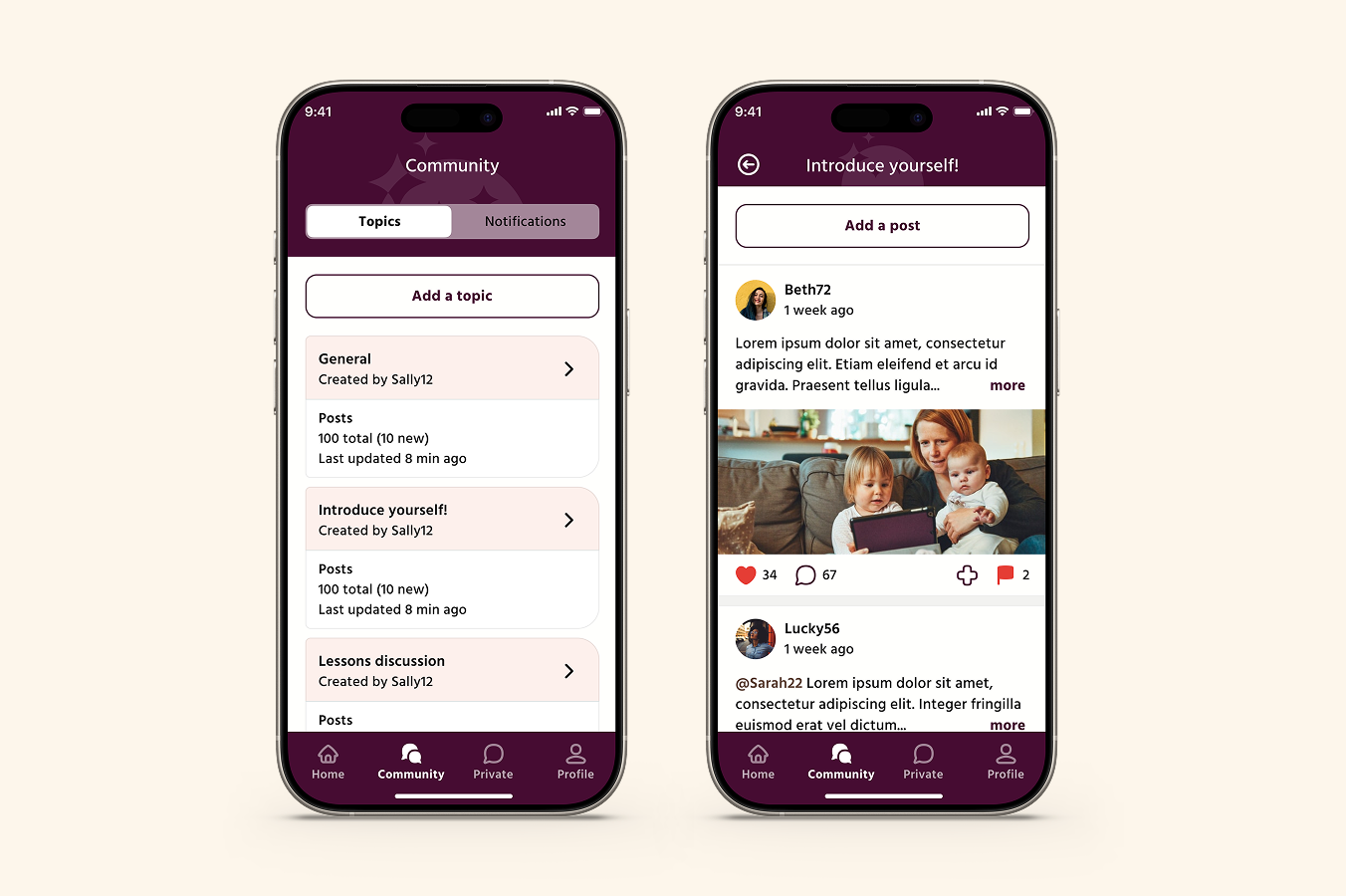
The Secret to Long-Term App Success
The research team has built an ongoing, long-term relationship with MindSea due to the company’s diligence, communication skills, collaborative nature, and industry experience.
“It has been an ongoing relationship opposed to them building something in the quickest, cheapest way possible,” says Roos. “We’ve had good communication throughout. When there’s been hurdles, both teams have been really interested in addressing them and making sure we can be on the same page moving forward.”
As part of this ongoing relationship, MindSea has continued to test the app across the different versions that have been released as part of a maintenance contract. According to Roos, the research team has submitted a lot of update requests for MindSea, which the app development company is always happy to talk about.
“They always think about how they can accommodate our requests and make something work with the budget that we have,” explains Roos. “They also proactively suggest ways to improve the app and update features. We appreciate their ability to align themselves with our vision for the app and the way it supports family wellness. This has really helped as we continue to improve the app over time.”
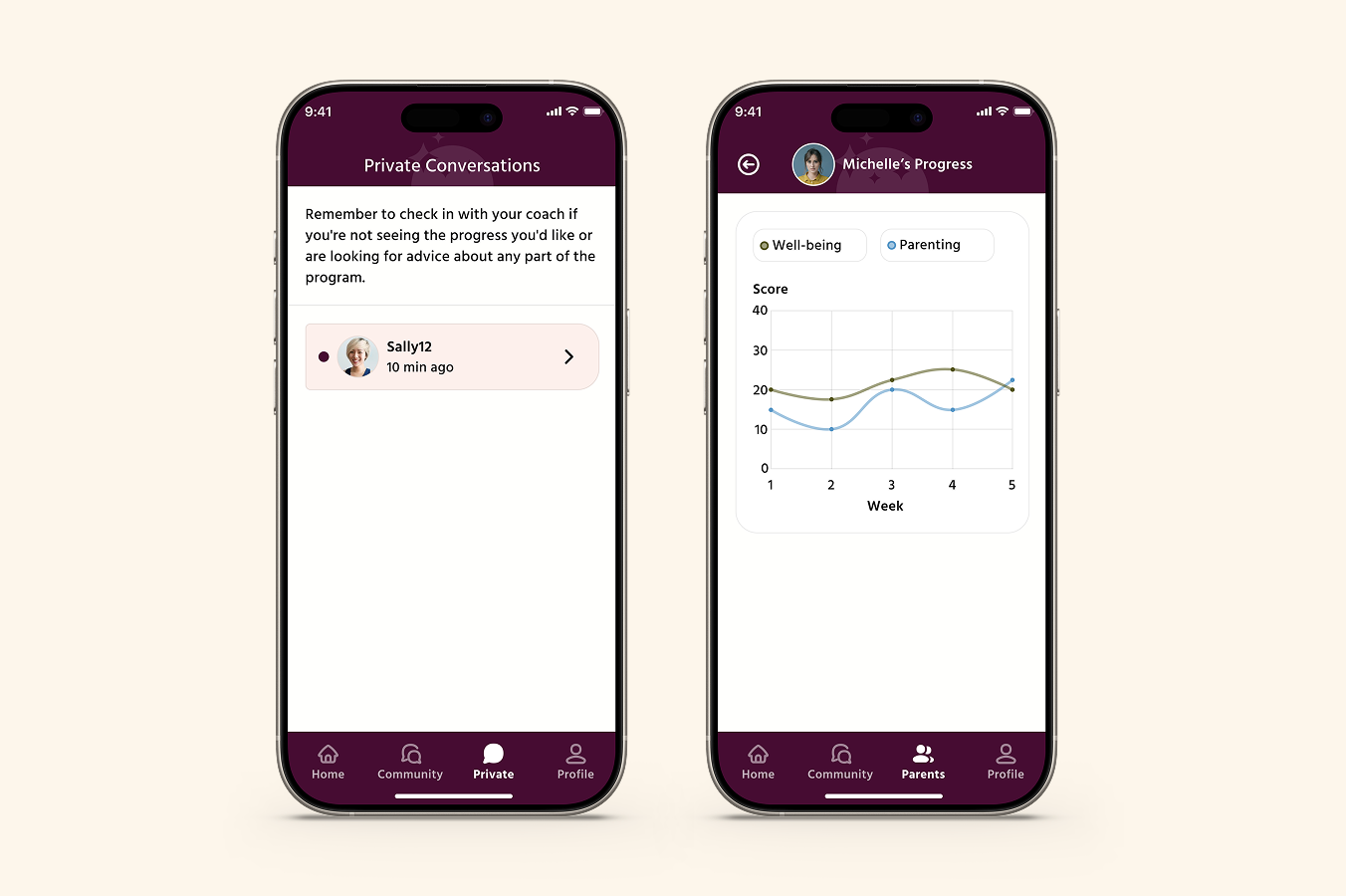
Ongoing Collaboration and Further Enhancing the BEAM App
MindSea’s commitment has gone beyond tech support and post-launch services to develop into a true, ongoing partnership. As the BEAM team expands their research into new areas with additional funding, MindSea remains a trusted collaborator, providing the technological expertise and strategic support to help drive the team’s mission forward.
“We’ve done a lot of revisions so far in terms of upgrading the functionality and flexibility in the app since its launch and, as we are awarded more grants, we will continue to work with MindSea for the foreseeable future,” says Roos.
Currently, the BEAM app is designed to support a single program, but the vision is much bigger. The team is gearing up to expand its impact by introducing different cohort types, starting with a newly funded, self-directed program—an evolution from the current peer coaching model.
MindSea has supported the team in making this vision a reality. By implementing key infrastructure updates, they’ve ensured the app is not only fit for today’s needs but also adaptable for the future. As the research team continues to explore new ways to support perinatal mental health and beyond, MindSea remains deeply involved, helping to shape an app that evolves alongside the research, ready to serve more families in meaningful ways.
“The MindSea team has been really flexible in building what we want in an iterative way that works with our budget and capacity,” says Roos. “We’ve recommended them to multiple other research groups in the academic space, and will continue to do so in the future.”
Funding for the app and related clinical trials has come from a number of sources, including:
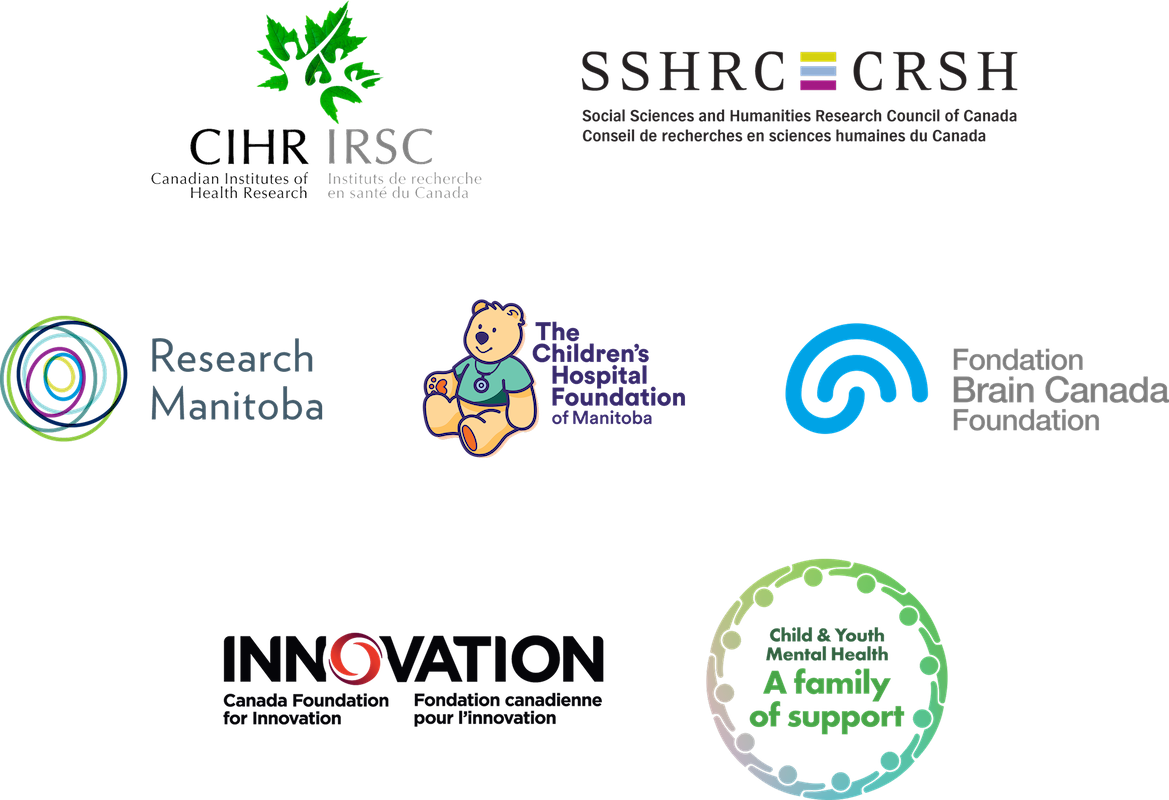
“The app that we have developed together is in line with best practices for providing mental health care for pregnant and postpartum families. Working with MindSea has allowed us to create a program that will reach more families than we ever could have imagined possible without the use of this technology.”
–Dr. Lianne Tomfohr-Madsen, Associate Professor, University of British Columbia
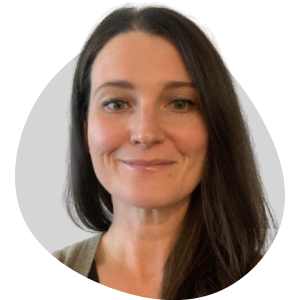
Ready to build an app that improves lives?
Find out how MindSea can help you reach your goals.